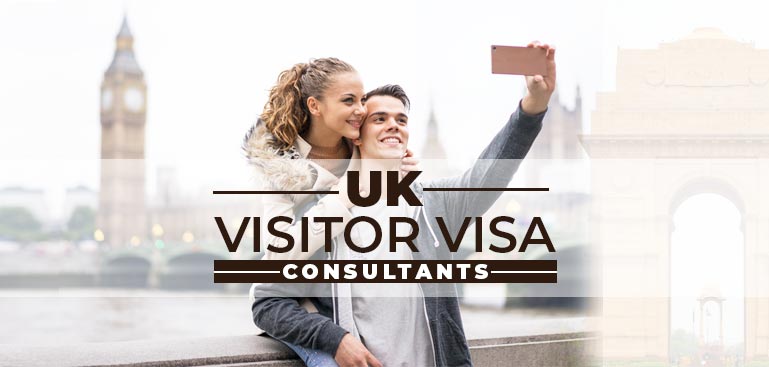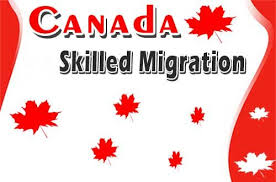UK Visit Visa
The United Kingdom, with its rich history, diverse culture, and stunning landscapes, is a popular destination for tourists, business travelers, and those seeking to visit friends and family. To enter the UK for a temporary stay, you typically need a UK visit visa, also known as a Standard Visitor Visa. In this comprehensive guide, we will take a deep dive into the UK visit visa, covering its various aspects, including eligibility, application process, requirements, and tips for a successful application.
I. Understanding the UK Visit Visa
A UK visit visa, often referred to as a Standard Visitor Visa, allows individuals to enter the United Kingdom temporarily for a variety of purposes, including tourism, visiting family and friends, attending business meetings, and participating in academic courses for a limited period. It’s essential to differentiate this visa from other types of UK visas, such as work or study visas, as each serves a distinct purpose.
II. Types of Activities Covered by the UK Visit Visa
The UK visit visa can be used for various activities, including:
a) Tourism: Exploring the UK’s famous landmarks, historical sites, and natural beauty.
b) Visiting Friends and Family: Spending time with loved ones residing in the UK.
c) Business Activities: Attending meetings, conferences, or negotiations with UK-based businesses.
d) Academic Purposes: Enrolling in short courses, seminars, or academic programs.
e) Medical Treatment: Seeking medical treatment or consultations in the UK.
III. Eligibility for a UK Visit Visa
Before applying for a visa, you must ensure that you meet the eligibility criteria set by the UK Home Office. Common eligibility requirements include:
a) Valid Passport: You must possess a valid passport that remains valid for the duration of your intended stay.
b) Financial Capability: You should demonstrate the financial means to cover your trip, including accommodation, transportation, and daily expenses.
c) Ties to Your Home Country: It’s crucial to establish that you have strong ties to your home country, such as family, employment, or property, to demonstrate your intention to return after your visit.
d) Genuine Purpose: You must have a genuine and specific reason for your visit to the UK.
e) No Intention to Overstay: You should provide evidence that you do not intend to stay in the UK beyond the visa’s validity.
IV. The UK Visit Visa Application Process
The application process for a UK visit visa involves several steps:
a) Online Application: Begin by completing the online visa application form on the official UK government website or the VFS Global application portal, depending on your country of residence.
b) Supporting Documents: Gather the necessary documents, including your passport, passport-sized photographs, proof of finances, and any additional documents related to your visit’s purpose.
c) Biometric Information: Visit a visa application center or post office to provide biometric information, including fingerprints and a digital photograph.
d) Attend an Interview: In some cases, you may be required to attend an interview at the visa application center or the British embassy or consulate in your country.
e) Visa Processing: Your application will be reviewed by the UK Home Office, and you may be asked for additional information or documents during this stage.
f) Decision and Collection: Once a decision is made on your application, you will be informed of the outcome. If your visa is approved, you will receive a vignette (sticker) in your passport, which will allow you to enter the UK.
V. Required Documents for a UK Visit Visa
When applying for a UK visit visa, you will need to provide a set of essential documents, which may include:
a) Passport: A valid passport with at least one blank page for the visa vignette.
b) Passport-sized Photographs: Recent passport-sized photographs that meet the UK visa photo requirements.
c) Financial Proof: Bank statements, pay stubs, or sponsorship letters to demonstrate your financial capability.
d) Accommodation Details: Information about your accommodation in the UK, such as hotel reservations or a letter of invitation from your host.
e) Travel Itinerary: Details of your travel plans, including flight reservations and travel insurance.
f) Supporting Documents: Additional documents specific to your visit, such as a letter from your employer, invitation letters, or proof of medical treatment.
VI. Tips for a Successful UK Visit Visa Application
To increase your chances of a successful visa application, consider the following tips:
a) Plan Ahead: Apply for your visa well in advance of your travel date, as processing times may vary.
b) Be Honest: Provide accurate and truthful information on your application and during interviews, if required.
c) Organize Your Documents: Ensure that your documents are well-organized and presented neatly. As this can make the application process smoother.
d) Explain Your Purpose: Clearly explain the purpose of your visit and provide all necessary documents to support your application.
e) Seek Professional Advice: If you’re unsure about the application process or have a complex case. Consider seeking advice from immigration experts or consultants.
VII. UK Visit Visa
A UK visit visa is your key to exploring the wonders of the United Kingdom. Whether it’s for leisure, business, or family reunions. Understanding the eligibility criteria, gathering the necessary documents. And following the application process meticulously can significantly enhance your chances of obtaining a visa. By adhering to the guidelines and tips outlined in this comprehensive guide. You can embark on your journey to the UK with confidence, ready to create lasting memories in this captivating and culturally rich nation.



